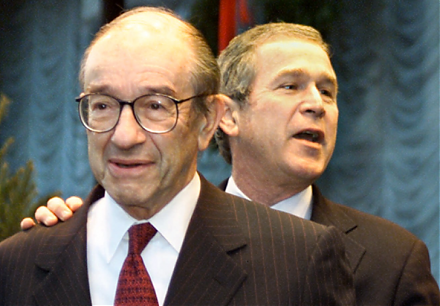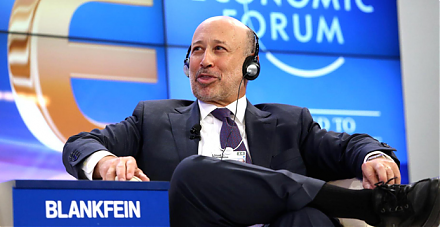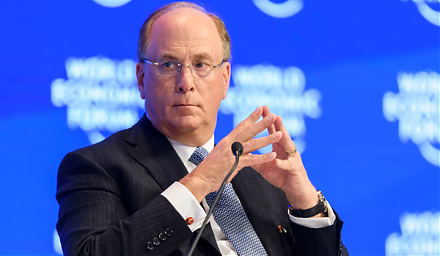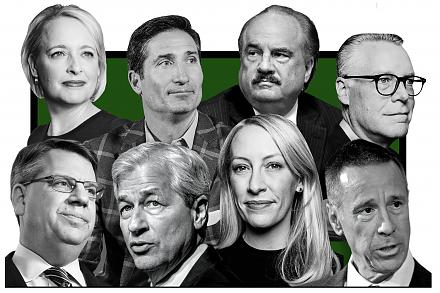

2019-11-13 11:34:00 Wed ET
federal reserve monetary policy treasury dollar employment inflation interest rate exchange rate macrofinance recession systemic risk economic growth central bank fomc greenback forward guidance euro capital global financial cycle credit cycle yield curve
The new Brexit deal can boost British pound appreciation and economic optimism. British prime minister Boris Johnson wins the parliamentary vote on his new Brexit bill, but loses the second vote on Brexit legislation by the deadline of 31 October 2019. In recent times, Johnson considers another attempt to call a general election. In response, Labour Party opposition leader Jeremy Corbyn may back a second referendum on Brexit to garner greater parliamentary support. European Union is likely to grant an extension until 31 January 2020 to leave enough time for the U.K. parliamentary vote. In the ideal scenario, Johnson would have a second chance to secure a majority in the British Parliament.
In the meantime, the potential risk of a no-deal Brexit substantially declines to allow the British pound to hold most of its recent gains as high as 8%. Brexit remains the biggest barometer of British pound exchange rate fluctuations. Even though Brexit may mean fiscal stimulus for British health care, the probable trade retrenchment and foreign capital exodus can cause economic uncertainty around British trade, capital investment, and currency stabilization. When push comes to shove, these imminent economic considerations shine fresh light on Brexit.
If any of our AYA Analytica financial health memos (FHM), blog posts, ebooks, newsletters, and notifications etc, or any other form of online content curation, involves potential copyright concerns, please feel free to contact us at service@ayafintech.network so that we can remove relevant content in response to any such request within a reasonable time frame.
2018-01-21 07:25:00 Sunday ET

As he refrains from using the memorable phrase *irrational exuberance* to assess bullish investor sentiments, former Fed chairman Alan Greenspan discerns as
2017-05-31 06:36:00 Wednesday ET

The Federal Reserve rubber-stamps the positive conclusion that all of the 34 major banks pass their annual CCAR macro stress tests for the first time since
2018-01-09 08:33:00 Tuesday ET

BlackRock CEO Larry Fink emphasizes his key conviction that public corporations should make a positive contribution to society apart from boosting the botto
2018-03-23 08:26:00 Friday ET

Personal finance and investment author Thomas Corley studies and shares the rich habits of self-made millionaires. Corley has spent 5 years studying the dai
2018-04-26 07:37:00 Thursday ET

Credit supply growth drives business cycle fluctuations and often sows the seeds of their own subsequent destruction. The global financial crisis from 2008
2021-02-01 10:19:00 Monday ET

In recent times, the International Monetary Fund (IMF) predicts that the fiscal-debt-to-GDP ratio of most rich economies would rise from 95% in 2018 to 135%